News
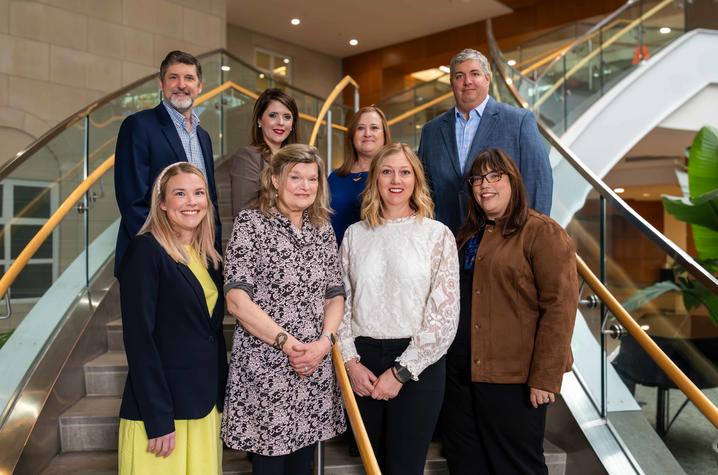
A team of providers and researchers at the University of Kentucky is working with community and government leaders across the state to address a pressing issue facing the Commonwealth: the maternal morbidity and mortality rate.
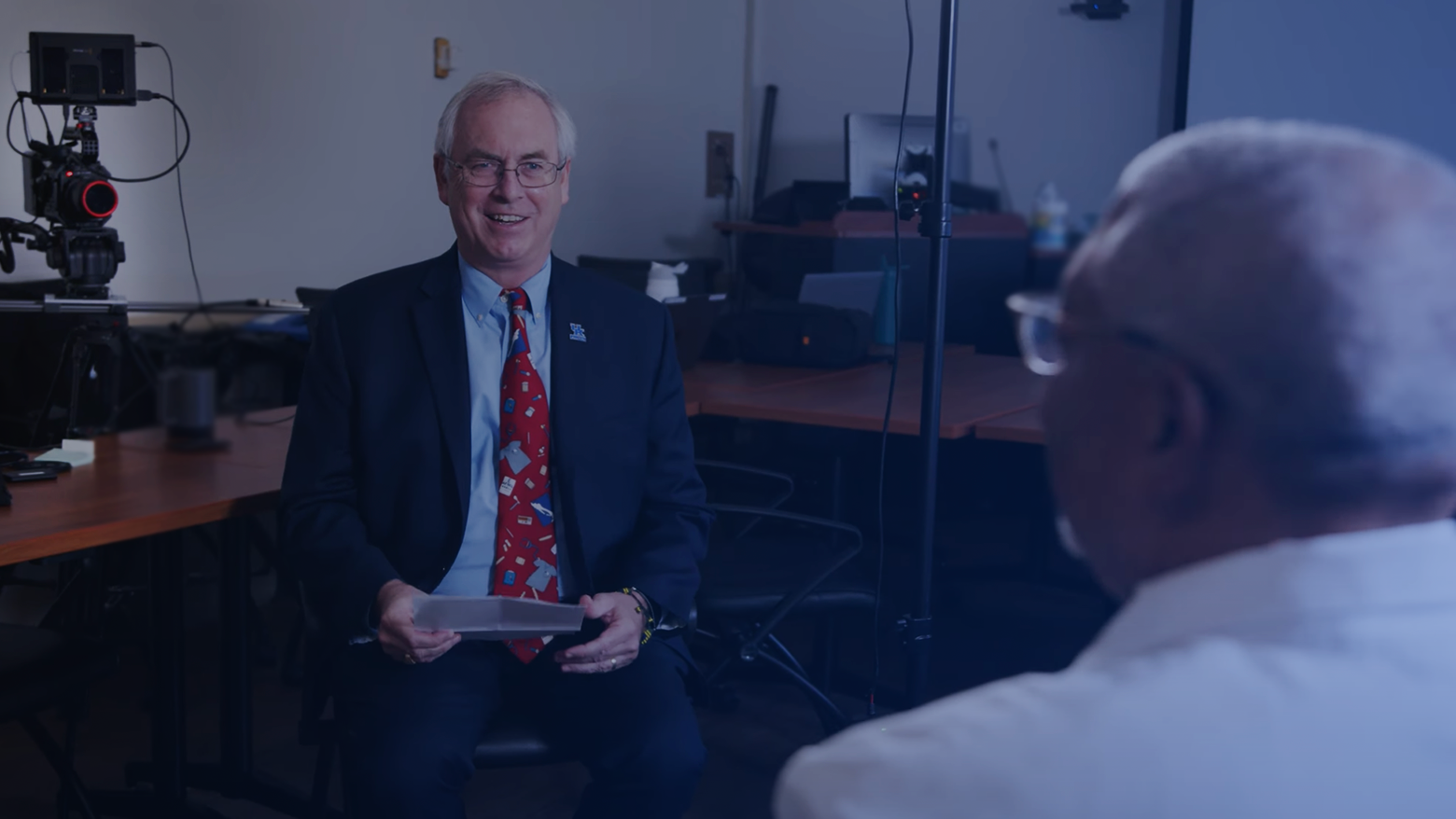
Over the next few months, the UK College of Medicine will be releasing an exciting mini-documentary series called “Because We Care.” Capturing interviews and conversations with people across our community, the four-part series explores who we are as a college and why our mission matters to all of us, whether we are learners, faculty, researchers, or staff.
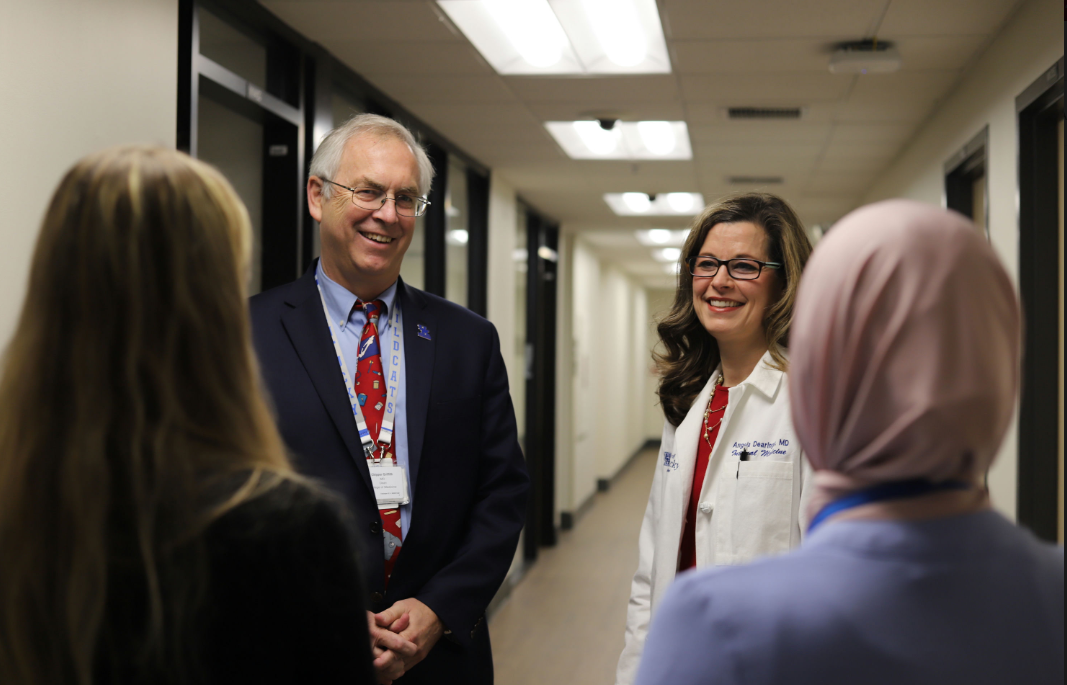
Charles “Chipper” Griffith’s workday uniform switched from scrubs to office wear when he graduated residency and joined the University of Kentucky College of Medicine faculty in 1994. Shortly after, he began making a statement with loud, colorful ties.
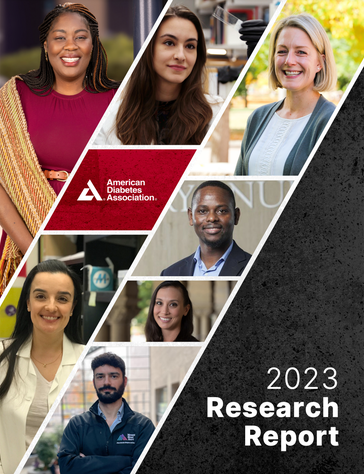
The American Diabetes Association® (ADA) released its 2023 Research Report, highlighting investments in advancing diabetes research and clinical practice. ADA research grants focus on innovative projects with high impact and help researchers establish collaborative networks to move their innovations into the hands of people living with diabetes.
Down syndrome remains the most common chromosomal condition diagnosed in the United States. Each year, about 6,000 babies born in the United States have Down syndrome, meaning it occurs in about one in every 700 babies.
A recent University of Kentucky Markey Cancer Center study published in PNAS uncovers a critical pathway involved in immune evasion by breast cancer cells.
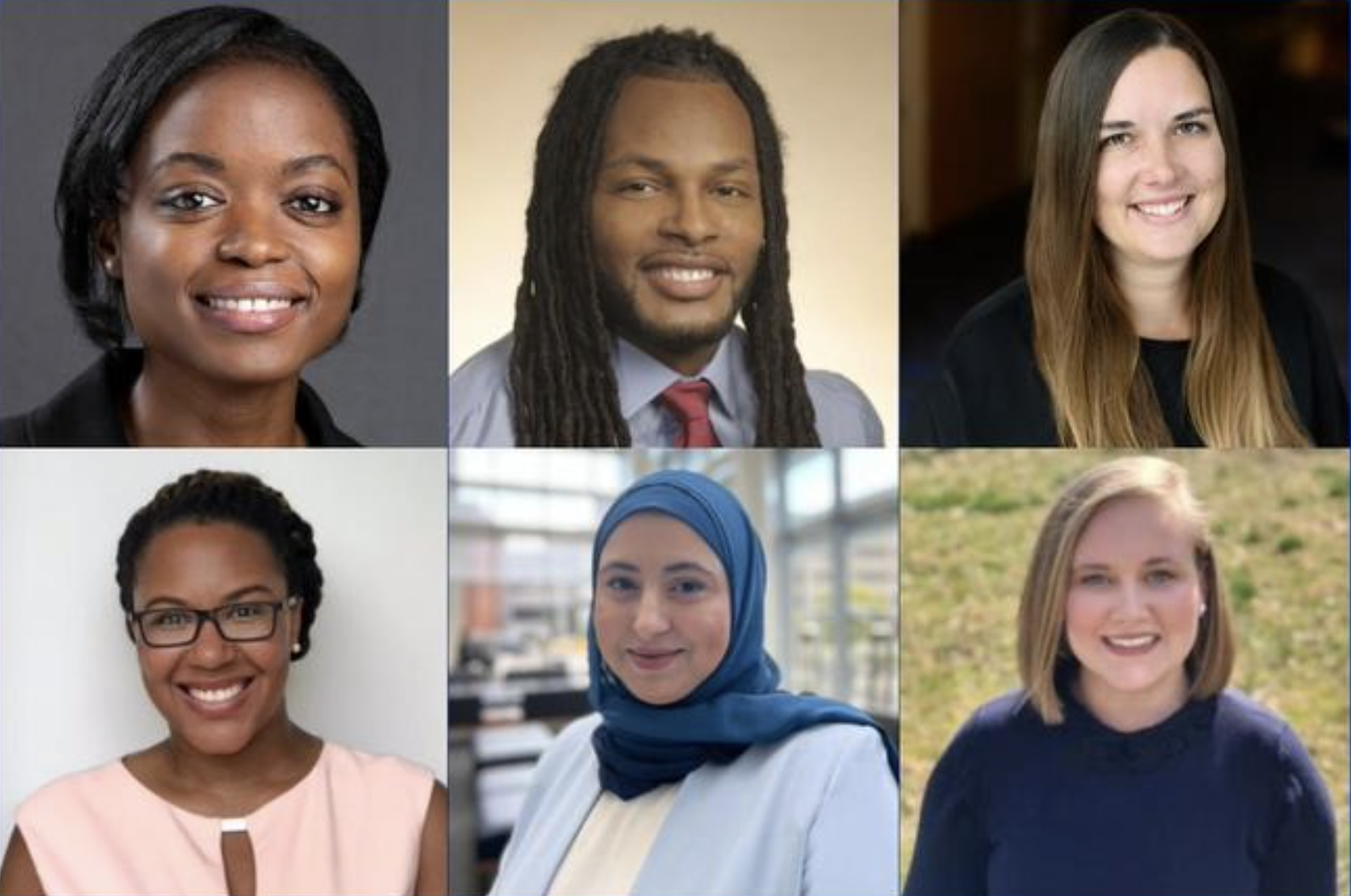
The University of Kentucky’s Research Scholars Program (RSP) has welcomed its fourth cohort made up of six faculty whose expertise spans a broad range of research foci. The program is aimed at advancing research by promoting the success of a diverse group of faculty.
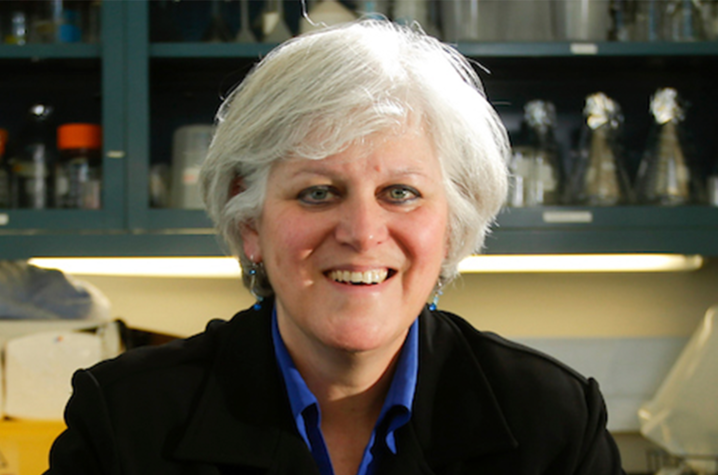
The American Society for Pharmacology and Experimental Therapeutics (ASPET) is honoring the University of Kentucky’s Vice President for Research for her foundational contributions to our understanding of the renin-angiotensin system that has broad implications for hypertension and cardiovascu
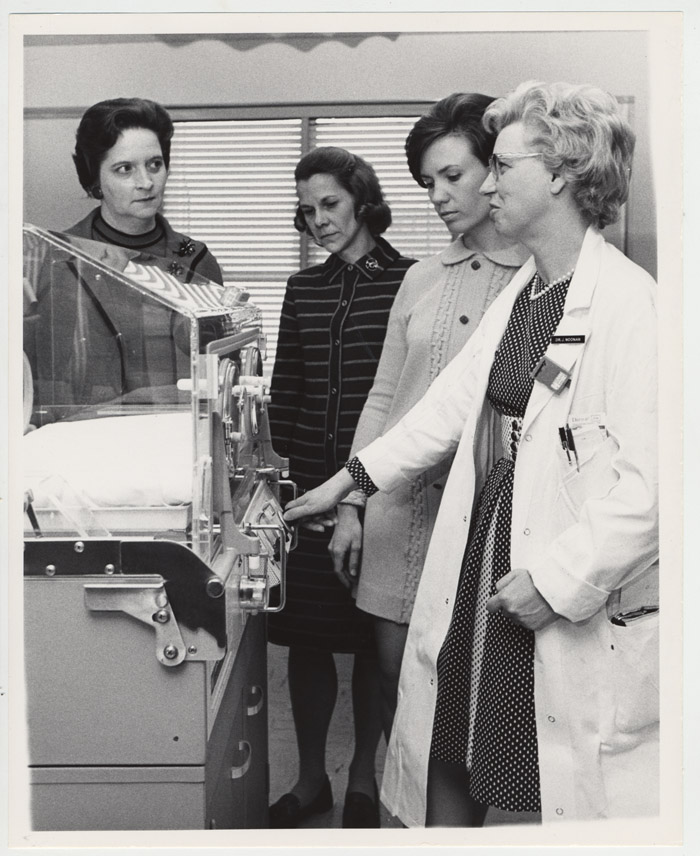
March is designated as Women’s History Month. To celebrate, we are highlighting women who have made history here at the College of Medicine. Their contributions are diverse, spanning significant research breakthroughs to exemplary patient care and education.
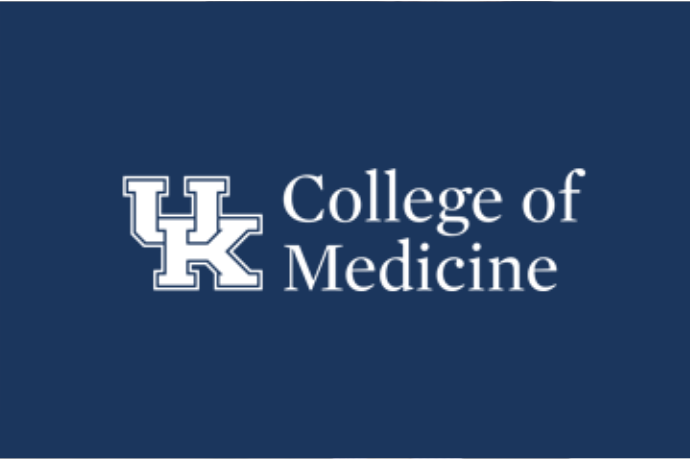
UK Innovate will host its second annual Kentucky Innovator Challenge (KIC) on April 11, 2024, from 8:30 a.m. to 6:30 p.m. ET, in Ballrooms 212 A&B within Gatton Student Center.
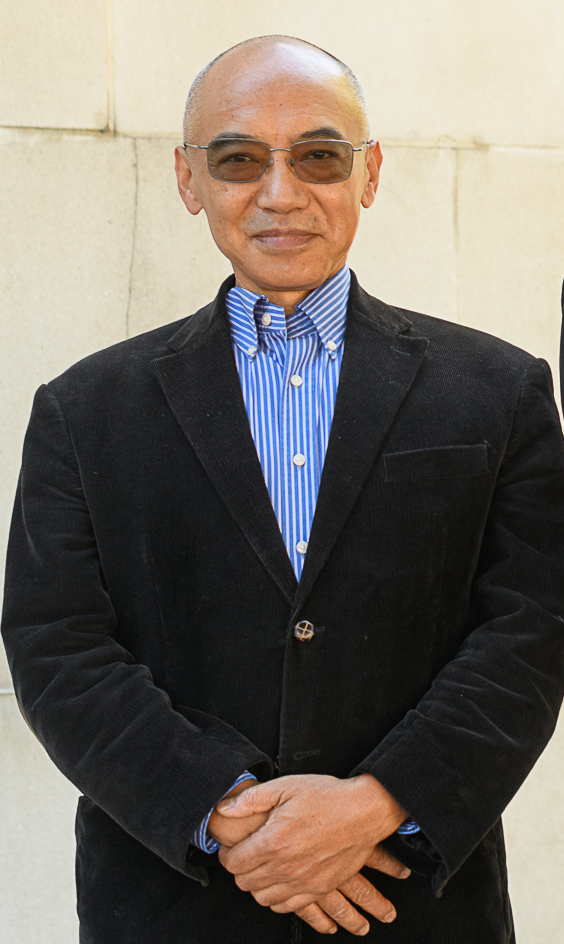
The National Institutes of Health (NIH) recently announced a new R01 research grant of $2.6 million over five years. The grant was awarded to Dr. Dongfang Wang and the Wang Lab at the University of Kentucky Department of Surgery.
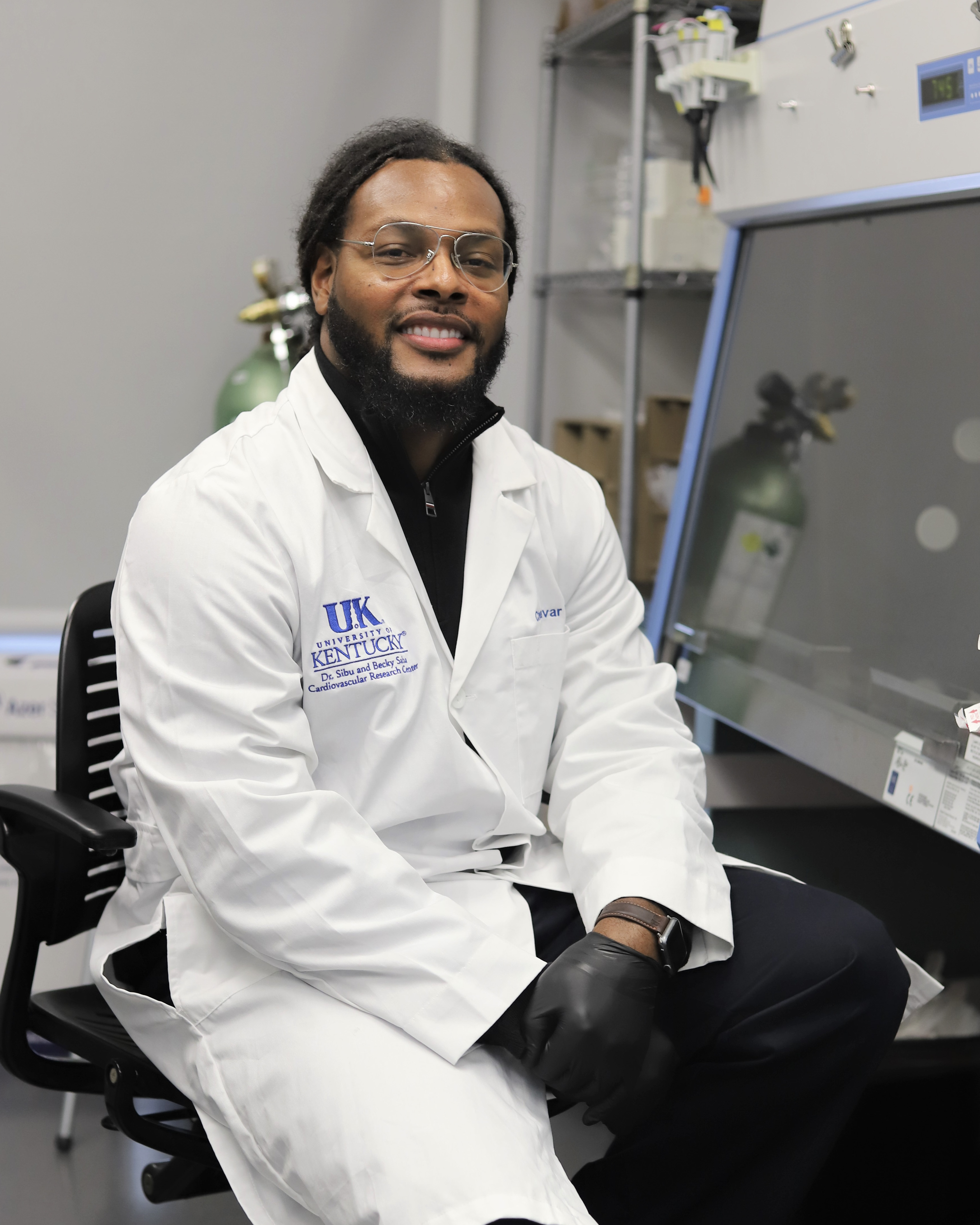
Cheavar Blair, PhD, completed his doctorate in physiology at the University of Kentucky College of Medicine in 2017. In 2022, he was recruited back to the department as an assistant professor in the research title series.
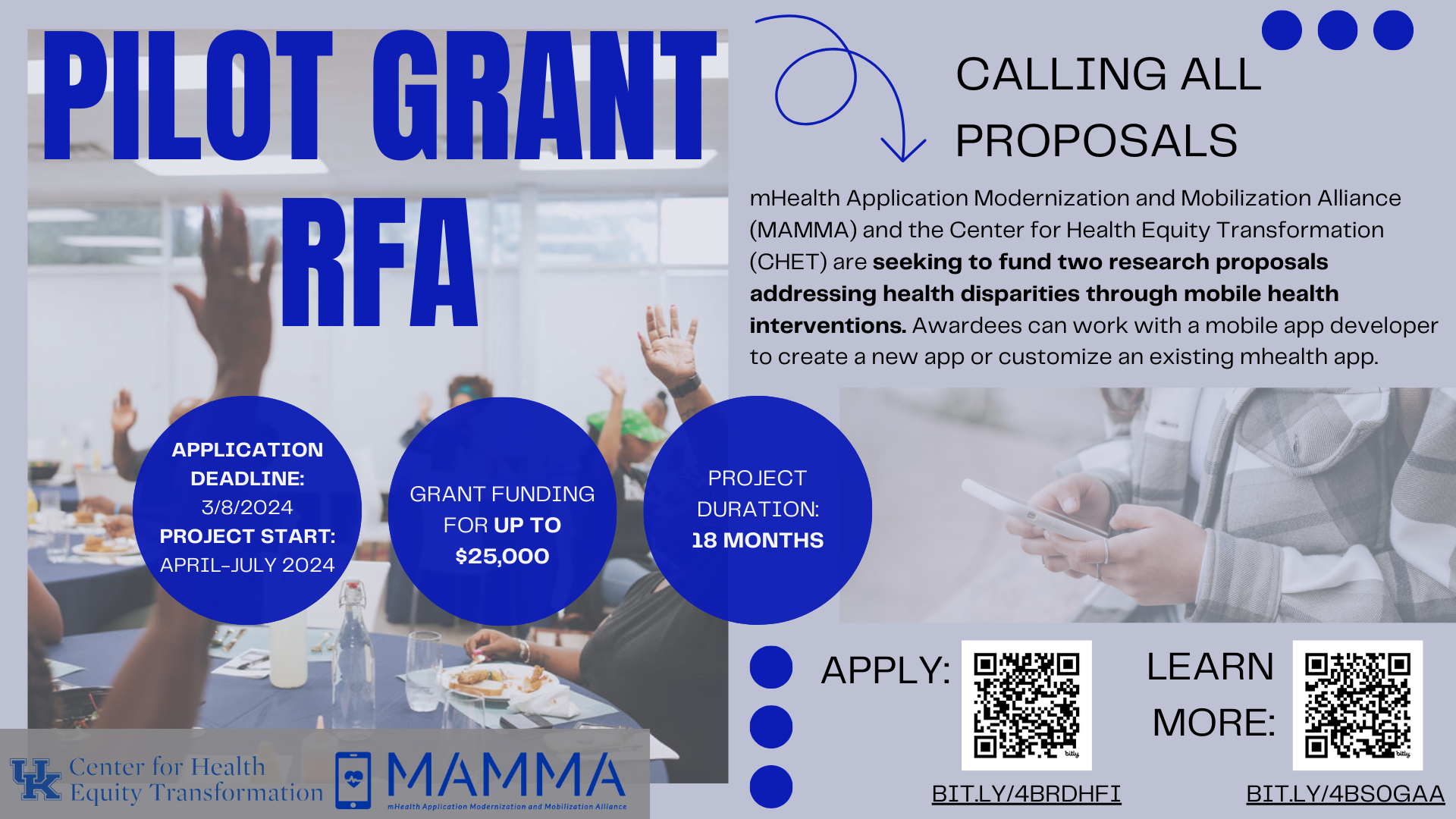
We are pleased to announce that CHET is partnering with the mHealth Application Modernization and Mobilization Alliance (MAMMA) to fund two $25,000 grants focused on mHealth projects that help to improve health equity.
The College of Medicine Office of Research recently launched phase one of its new initiative to elevate clinical research efforts across the College of Medicine, Markey Cancer Center (MCC), and the Center for Clinical and Translational Science (CCTS).
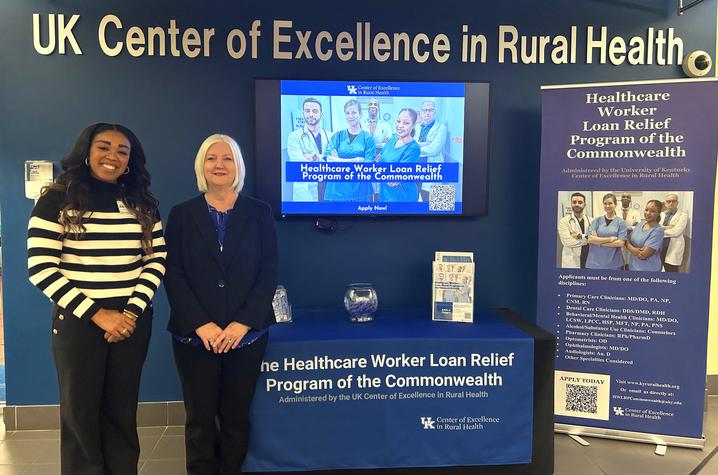
In just over a year, the University of Kentucky Center of Excellence in Rural Health (UK CERH) has helped provide more than $1.3 million in loan relief for health care workers.
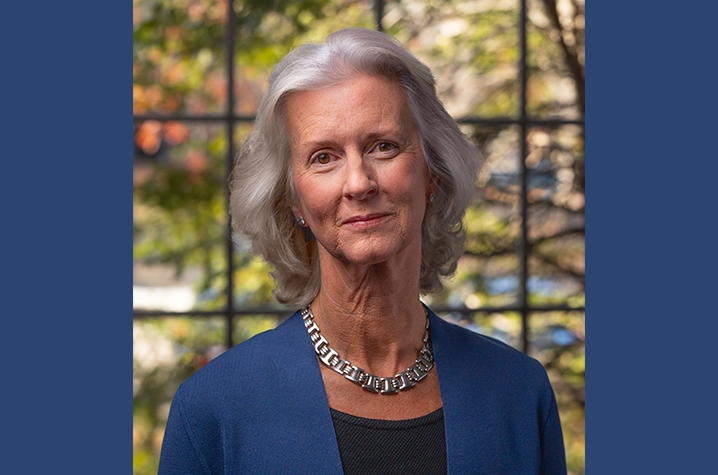
Katherine E. Hartmann, MD, PhD, has been named director of the University of Kentucky Center for Clinical and Translational Science (CCTS). She will assume the role on Feb. 15, 2024.
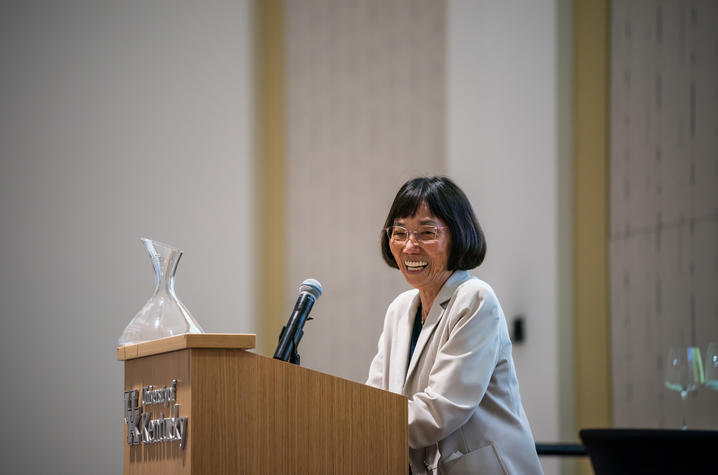
The University of Kentucky Markey Cancer Center recently held a research symposium to honor the remarkable career of Daret St. Clair, PhD, who is retiring after 32 years of dedicated service.
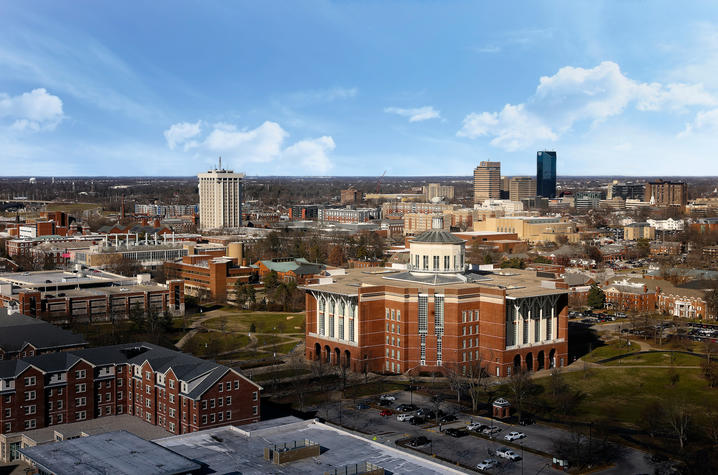
The University of Kentucky is well-represented on a list of the most-cited researchers in the world. In a database compiled by Stanford University in a partnership with Elsevier, 140 current UK scientists and scholars appear among the top 2% of the most-cited researchers across 22 disciplines.
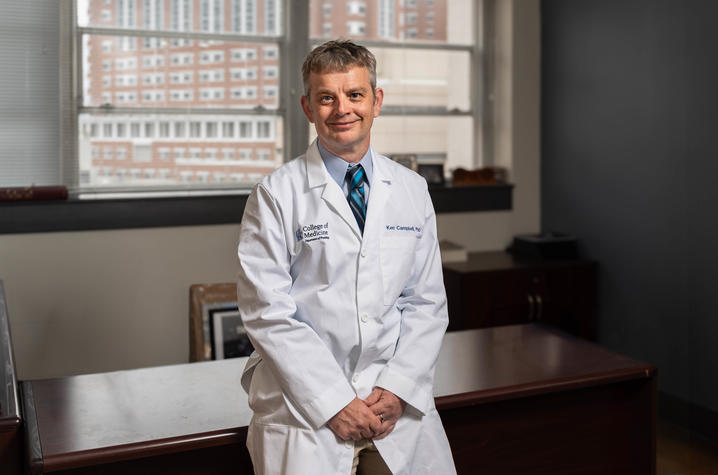
One University of Kentucky researcher has helped solve a 60-year-old mystery about one of the body’s most vital organs: The heart.
